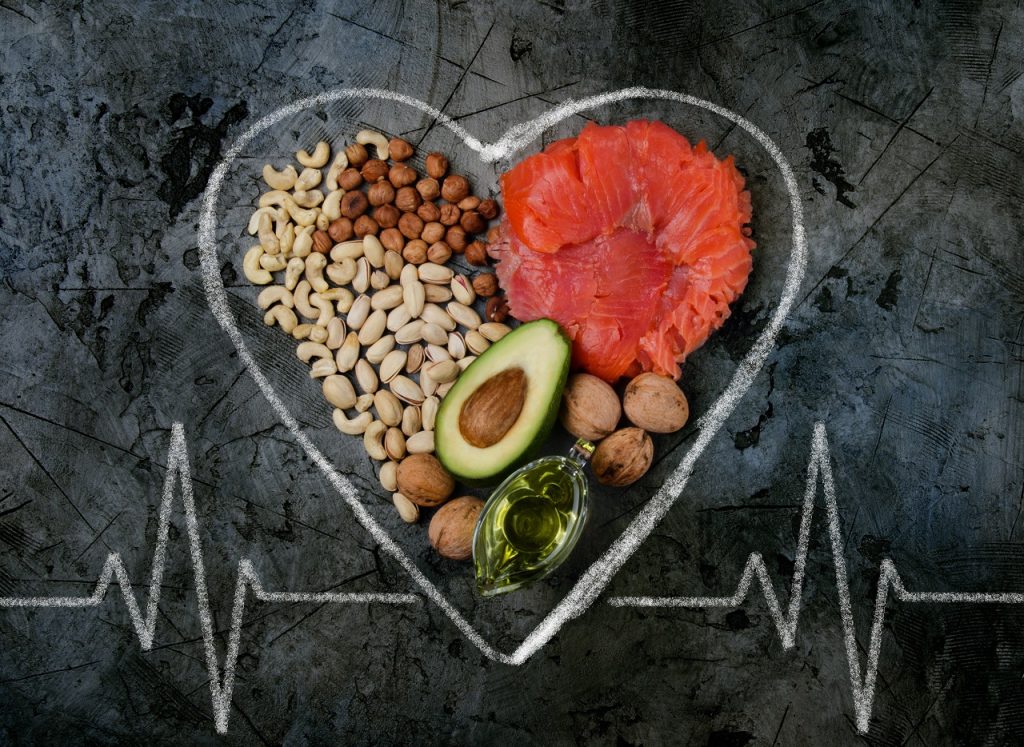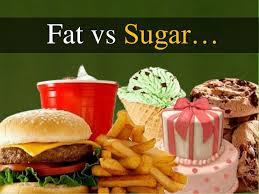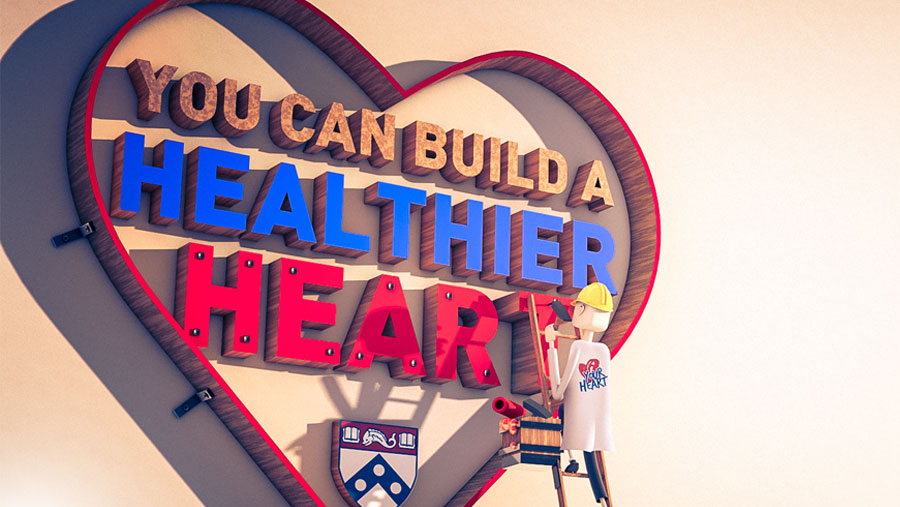
When someone mentions cholesterol, all we think about is bad cholesterol and heart disease. But there are good cholesterol foods which are quite important for our body. Many functions such as synthesis of Vitamin D and hormones, formation of cell membranes and structure, take place in the presence of good cholesterol.
What is Good Cholesterol?
Good cholesterol includes High-Density Cholesterol (HDL) which helps remove bad cholesterol i.e. Low-Density Cholesterol (LDL). In the right amount, HDL helps remove LDL by sending it to the liver. Eating foods high in saturated increases LDL levels, thereby increasing one’s risk for heart diseases and stroke.
While exercising, keeping a check on your sleep, stress, alcohol intake and quitting smoking are all important for maintaining healthy cholesterol levels, there are certain foods which also help us maintain our cholesterol levels. So let’s take a look at good cholesterol foods!
- Nuts and Seeds: They are high in healthy fats like monounsaturated and polyunsaturated fats (Omega 3 and Omega 6) and low on saturated fats which help lower LDL cholesterol. They are a good source of Alpha Linoleic acid which helps reduce inflammation and improve total fat percentage. They prevent oxidation of LDL cholesterols with free radicals, reducing plaque formation. They are also a good source of plant-based protein and fiber which give you a feeling of fullness. They also have a good amount of micronutrients which make them an ideal post-workout meal. Please note that if you have allergies to nuts and seeds, avoid them.
- Avocados: They are tasty and nutrient-rich. They have a high amount of Oleic acid which is a monounsaturated fat that helps reduce inflammation and risk of heart disease. Studies show that avocados help reduce LDL cholesterol by 10% and total cholesterol by 8%. Avocados being high in fiber and healthy fats help in feeling full for a longer time.
- Fatty Fish: Salmon, mackerel, tuna and sardine have a good amount of Omega 3 fatty acids which are very beneficial for vital organs like the heart, brain and lungs. They also have vitamin D and A which help in good bone and eye health. These fishes are particularly good in reducing death rates due to myoca rdial infarction and arrhythmia. They also help lower plaque build-up in arteries, lower risk of CVD. But these fishes are known to have a lot of contaminants. Cleaning them thoroughly before consuming is very important.
- Eggs: They have a bad reputation due to their fat content, but not all fat in eggs are bad. Eggs have monounsaturated and polyunsaturated fats which are heart healthy along with saturated and trans fats which raises your bad cholesterol levels. 1 egg helps you easily include a days ¼ of fat serving. So including eggs in breakfast easily helps you include healthy fats in your diet. It also supports weight loss by preventing cravings through the day. Egg is a complete food with macro and most of the micronutrients. Egg is also a good source of protein. Helps improve Vitamin D levels by aiding in its absorption. Having whole eggs by people who are already at risk of high cholesterol levels may worsen the condition, so include egg white as most of the fat and cholesterol in eggs comes from its yolk.
- Complex Carbs: These include whole grain cereals like millets, wheat bran, oats, brown rice, fruit and vegetable fiber that contain longer chains of sugar which take a long time for digestion and conversion into glucose which the body can utilize for energy. Including 2 servings of whole grain cereals helps lower bad cholesterol as the fiber in these foods helps in its removal from the body and improves HDL cholesterol levels.
- Lentils and Pulses: Including these in your diet is an easy and inexpensive way of getting macro and micronutrients. Lentils are a good source of polyphenols which help reduce inflammation and also prevent many life threatening diseases including some types of cancer. Proteins in lentils help prevent constriction of blood vessels and they also improve HDL levels and reduce LDL levels. Lentils are also a good source of folate which prevents accumulation of homocysteine which is a trigger factor for heart disease.
We hope this article helps you understand the difference between bad cholesterol and good cholesterol foods as well as what to eat in order to stay healthy. For more tips, check out Healthy Reads or ask an expert by subscribing for personalized health coaching here: https://goqiiapp.page.link/bsr
#BeTheForce





